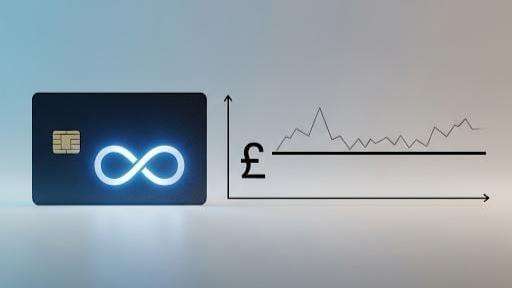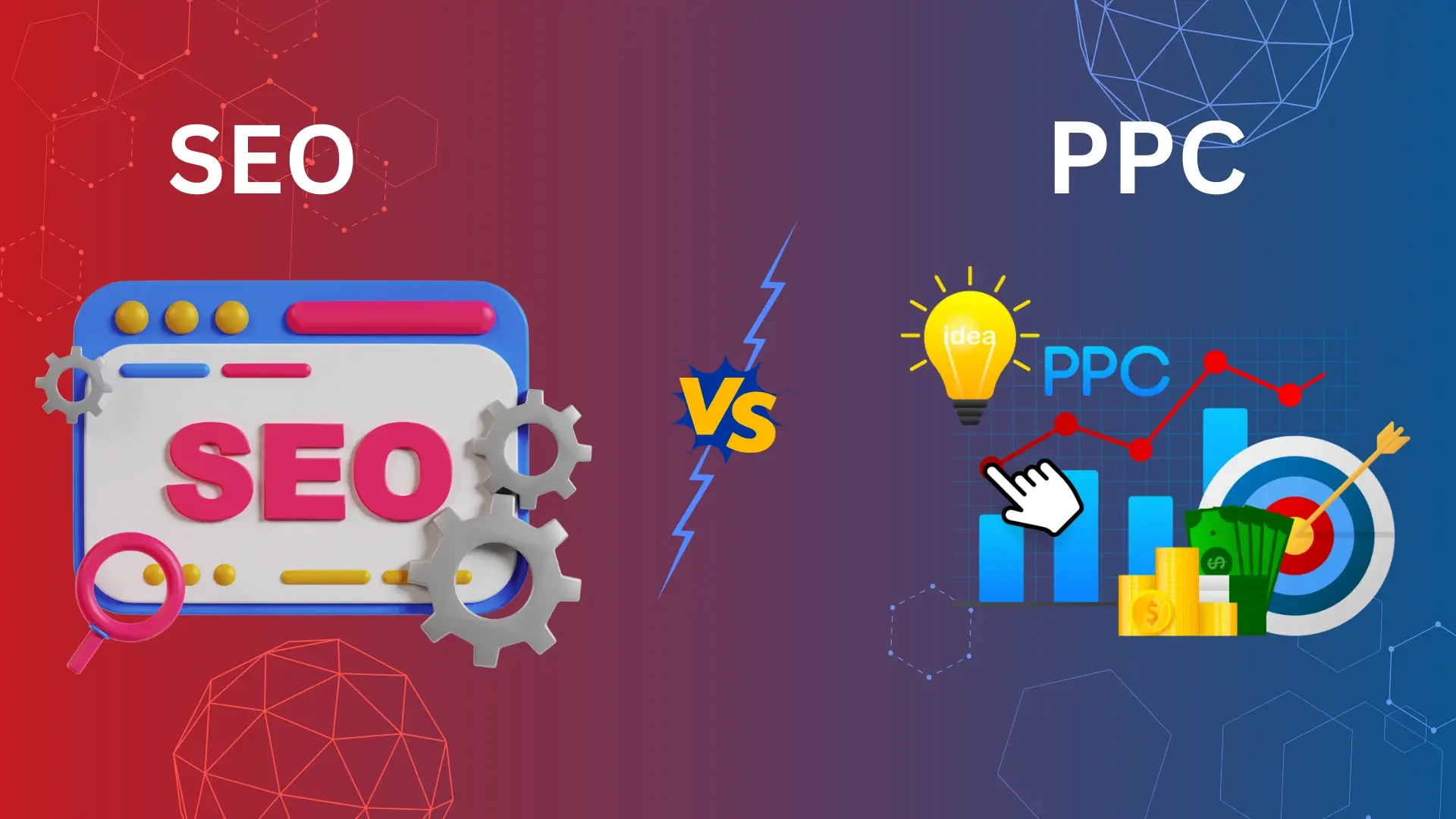When it comes to driving traffic to your website, two of the most popular strategies are SEO (Search Engine Optimization) and PPC (Pay-Per-Click) advertising. Both have their strengths and can play crucial roles in your digital marketing strategy, but which one is right for you? Let’s break down the pros and cons of each to help you decide which approach is best suited to your business needs.
What is SEO?
SEO is the process of optimizing your website to rank higher in search engine results pages (SERPs) organically. This involves improving aspects like keyword optimization, content quality, website speed, mobile responsiveness, and backlinking. The goal is to increase the visibility of your site so that you attract more organic (free) traffic over time.
What is PPC?
PPC, on the other hand, is a paid advertising model where you bid on keywords, and your ad appears in the search engine results when those terms are searched. You only pay when someone clicks on your ad. PPC is a fast and direct way to gain visibility and drive targeted traffic to your website.
SEO vs PPC: Key Differences
Cost Efficiency
- SEO: While SEO requires an initial investment of time and resources, it can be highly cost-effective in the long run. Once you rank for your targeted keywords, you can maintain your position without paying for each click, unlike PPC.
- PPC: PPC involves ongoing costs because you pay each time someone clicks on your ad. The price per click can vary significantly depending on competition for the keywords you’re targeting.
Time to See Results
- SEO: SEO is a long-term strategy. It can take several months to see significant changes in your rankings, especially in competitive industries. However, once your site gains authority and ranks well, the traffic can continue to grow with less ongoing effort.
- PPC: PPC delivers instant results. As soon as your campaign is live, your ads start appearing in search results, providing immediate visibility and traffic to your website.
Sustainability
- SEO: SEO is sustainable over the long term. Once you achieve high rankings, maintaining them requires consistent effort but not constant financial investment.
- PPC: PPC offers no long-term benefits after you stop paying for ads. Once your budget runs out, so does your visibility.
Control & Targeting
- SEO: While SEO is valuable for driving organic traffic, it offers less control over the exact placement of your content. Rankings are influenced by search engine algorithms, which can change.
- PPC: With PPC, you have complete control over where your ads appear and can target specific audiences based on keywords, demographics, location, and even device type. This makes PPC highly effective for targeted campaigns.
Trust & Credibility
- SEO: Organic search results tend to have more trust and credibility with users because they are perceived as earned, not paid for. Many users ignore paid ads in favor of organic results.
- PPC: While PPC ads are visible and often appear at the top of search results, they may not carry the same level of trust as organic listings.
Which is Better for Your Business?
Choosing between SEO and PPC depends largely on your goals, budget, and timeline:
If you’re looking for quick results and have the budget to sustain ongoing costs, PPC might be the way to go. It’s especially useful for new businesses, time-sensitive promotions, or highly competitive keywords.
If you’re focused on long-term growth and want to build sustainable traffic without continuous spending, SEO is the better choice. It takes time to rank but can provide a steady stream of visitors once you’re established.
Combining SEO and PPC for Maximum Impact
The best strategy for most businesses is to use SEO and PPC together. While PPC can deliver instant traffic, SEO can build long-term authority and traffic. Using both strategies can help you cover all your bases, whether you need immediate results or want to invest in long-term growth.
Final Thoughts
There’s no one-size-fits-all answer when it comes to choosing between SEO and PPC. Both strategies offer unique benefits, and the right choice depends on your business goals, timeline, and budget. If you can, consider integrating both into your digital marketing strategy for a balanced approach that maximizes your online presence and drives targeted traffic.
_7.jpg)


_9.jpg)




.svg)
